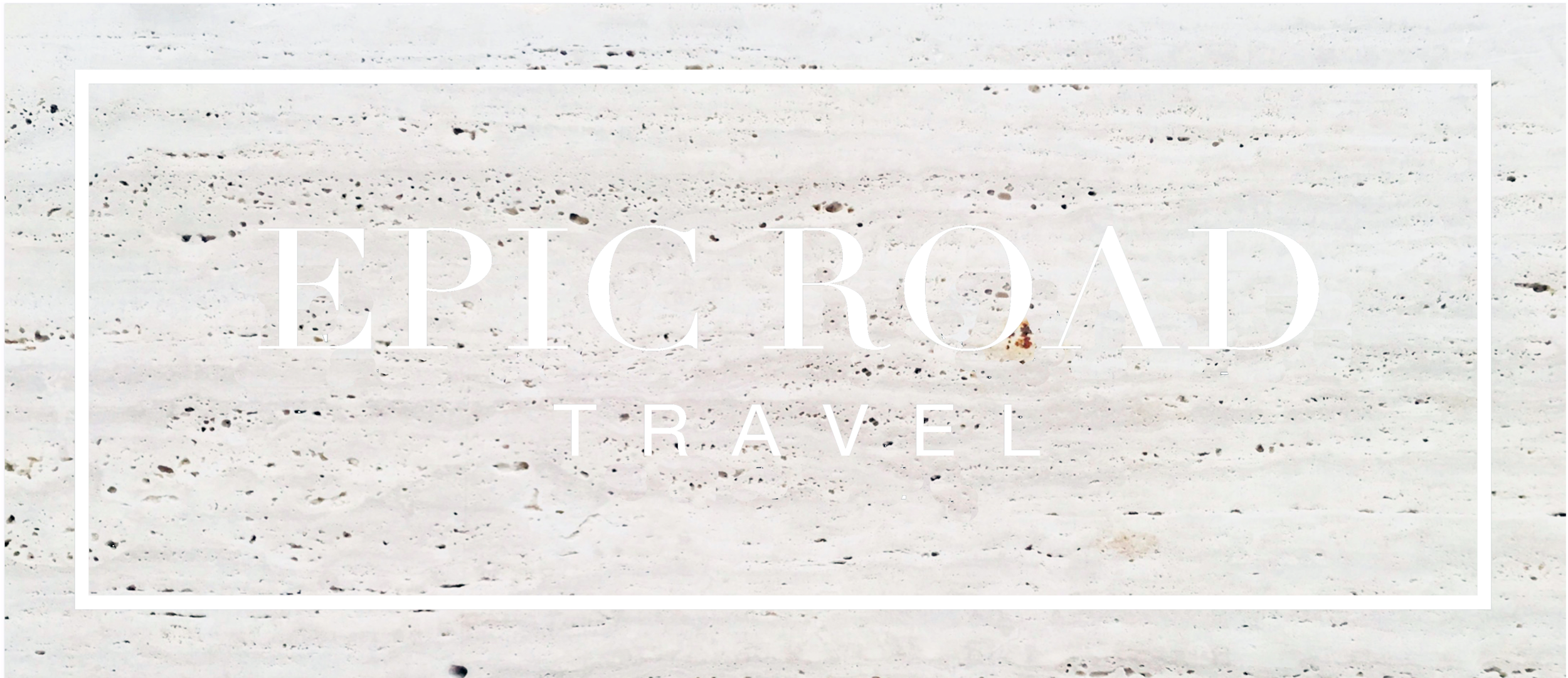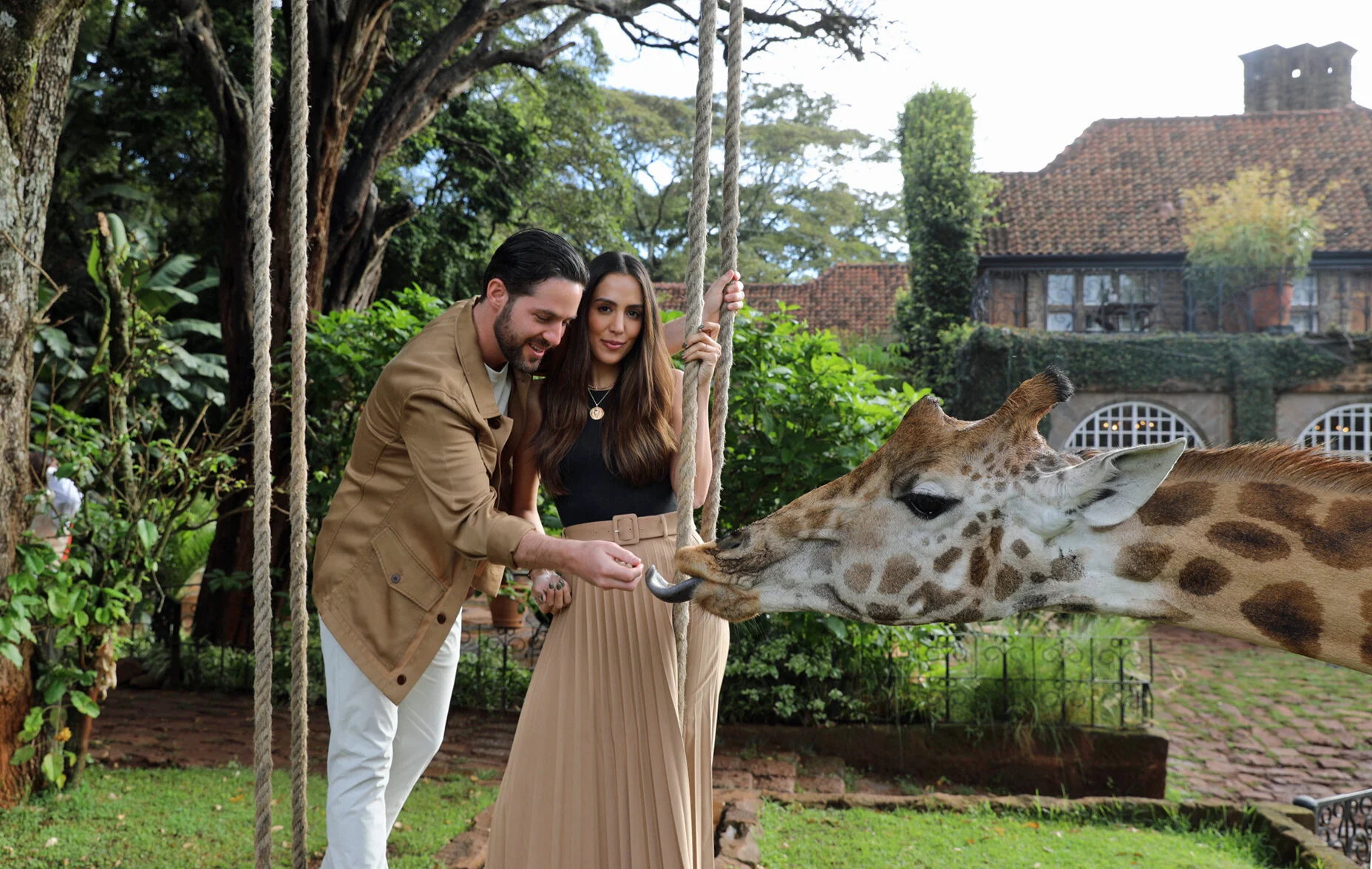Elephant Orphanage Project: Raising Elephants and Awareness in Zambia
When 86 elephants in the Republic of Chad fell prey to poachers last March, one little calf in particular made international headlines when he ran 30 miles to escape the poachers, and then returned to the scene of the crime in search of his mother. Local villagers tried to save the orphaned elephant (eventually named Max) by feeding him cow's milk—the only resource they had on hand. Sadly, cow's milk is poisonous for elephants, and Max did not survive. But his moving story draws attention to the plight of orphaned elephants throughout Africa, and the importance of endeavors like the Elephant Orphanage Project in Zambia that work tirelessly to save and protect elephant calves in humane ways that will allow them to survive and, eventually, to thrive back in the wild.
Elephant Orphanage Project (EOP) operates on a seven-acre homestead in the Kafue National Park—the second largest park in Africa, and one of the most pristine wildlife habitats for elephants and over 50 other species in Zambia. On the homestead calves ranging from a few months to three years live under the watchful eye of wildlife experts, and are nurtured and allowed to grow in a protected environment. Each of the elephants at EOP was separated from their families under devastating circumstances, and each was rescued from the wild and brought to the orphanage specifically to create a new kinship with other calves. Trained keepers work around the clock, feeding bottled formula created specifically for elephant calves, and encouraging socialization with other orphans at every opportunity possible.
EOP started off small in 2008, and initially brought in only one or two orphans each year. Once word spread, however, community members began calling in with tips on orphaned elephant sightings, and EOP now rescues six or seven elephants annually. Apart from nurturing the calves back to health—with the ultimate goal of reintroducing them back into the wild—EOP also works to raise awareness around poaching and its incredibly harmful consequences. Staff at EOP offer information sessions every day to interested visitors and members of the community, and also produce a local radio show to educate all in the community on how to get involved in anti-poaching efforts at the grassroots.
When the time is right, and a calf has matured and healed from its trauma, orphans are released independently into the Kafue National Park at large. Once an area active with poachers, the Park is now protected by active security surveillance and a protected orphan release site known as Camp Phoenix, where interaction with other herds and re-socialized elephants is maximized. From there, the rescued elephants are free to go find a new herd, and live long, safe, happy lives the way they were intended to—in the wild.







